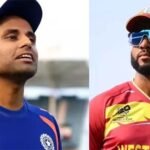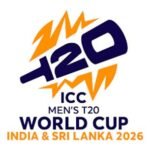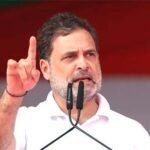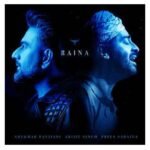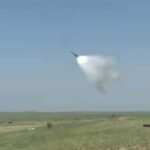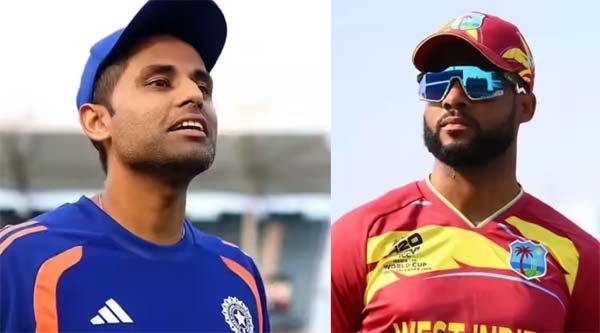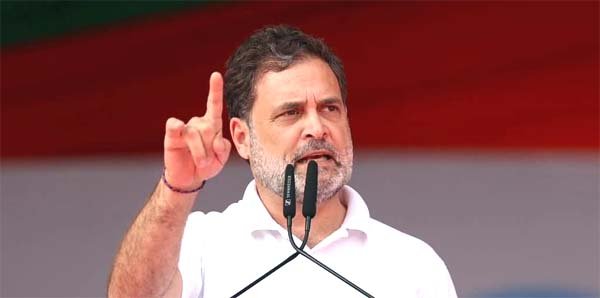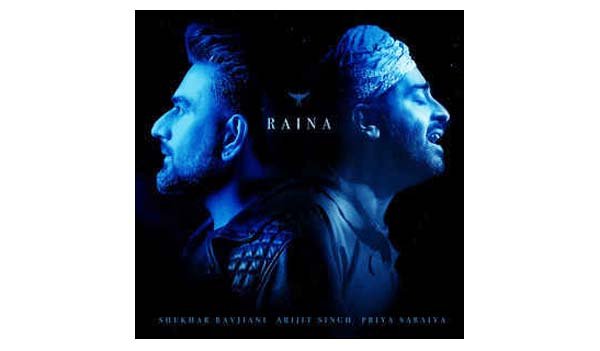New Delhi, Oct 22 (UNI) World over, Indian hockey, for a considerable period of time has been looked at as the benchmark simply because of the roll of honour.
With a tally of 8 Gold Medals, 1 Silver and 4 Bronze Medals, totalling 13 medals at the Olympic Games, India has well and truly set the standards.
One of the most iconic medals though was the one in the 1948 London Olympics, when Independent India’s flag went up and the anthem played out for the first time ever, at the most important sporting event. And someone who played a huge role in securing that medal was Trilochan Singh Bawa, as he scored some very crucial goals during the competition in London.
The final in London was played at the Wembley Stadium, and it was a symbolic and historic victory marking India’s emergence as an independent sporting power.
Trilochan Singh Bawa not only scored the fourth and final goal for India in the Gold medal match against Great Britain but also crucially opened the scoring for his team in the group stage game against Spain. India won the game 2-0 and came away with an unbeaten record in the group stage.
One of the pillars in the Indian Men’s Hockey Team in 1948, Trilochan Singh Bawa was a tall and sturdy full back, who was difficult to get past on the field. Whilst he may not have been a frequent dribbler, he had an eye for goal and a terrific scoop shot, which could help switch the play quite easily.
Trilochan Singh Bawa was extremely hard working throughout his hockey career, and one of the people who kept up his legacy of playing sport at the highest level for the country is his grandson Raj Angad Singh Bawa, who won the 2022 U-19 ICC Cricket World Cup.
Co-incidentally, Trilochan Singh Bawa won against Great Britain in 1948, and his grandson picked a five-wicket haul as they defeated England in the final in Antigua.
Looking back at the glorious moment, Trilochan Singh Bawa’s son, Sukhwinder Bawa said, “My father used to always say that winning the Gold Medal in 1948 in London was a massive moment for Indian hockey and Indian sport, especially given that we had only just won Independence from Great Britain a year before. He used to tell us that when the Indian team went on the podium, to see the flag and hear the national anthem made the players very proud. My father used to say that such was the feeling that it felt like the blazer would tear! The players were very proud.”
He further added, “My father’s medals have been framed and put in the house, and it serves as a motivation. Not only to me, but to my son as well, who has continued the legacy of playing for the country at the highest level. My father used to tell his grandchildren many stories from the time of his playing days, and youth. 1948 was truly a special moment for Indian sport.”

